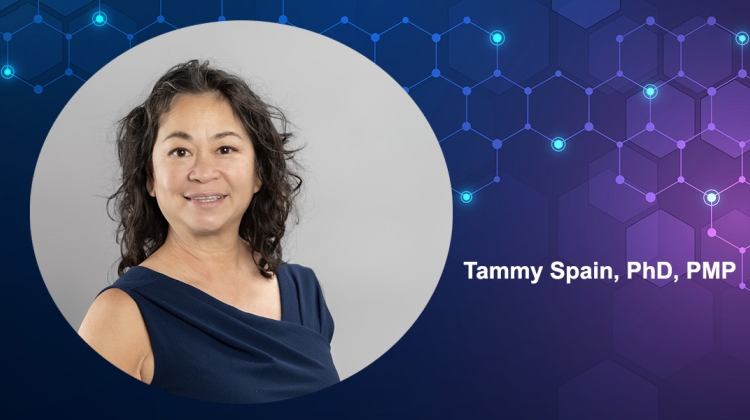Tammy started her career as a scientist, researcher, and analytical device developer for the US military before moving to the pharmaceutical industry as a project manager. Now, as Associate Director of Project Management at The FlexPro Group, she helps her clients with a wide variety of projects. “We try to get our clients over the finish line as quickly and safely as possible while staying on budget.”
“Project managers are helpful in pharmaceutical engineering,” she said, “because drugs and therapeutic treatments are expensive to develop and anywhere that you can find the opportunity to manage things better so that they take less time, or have more strategy behind how they’re managed, the sooner you’ll be able to get treatments to patients.”
Because of her diverse professional background, Tammy can fully understand her clients’ challenges and opportunities. She encourages anyone who is interested in pharmaceutical engineering project management to, “work in as many different functions of the pharmaceutical industry as you can. It is very helpful if you understand science, manufacturing processes, regulatory processes. The best project managers have a breadth of experience.”
One way that Tammy sees project managers being able to help their clients in the future is by embracing the possibility of AI. She explains, “for ex-ample, right now, to identify potential resource problems in a project, we might be looking at data from 80 projects in a company’s portfolio to see where resources are and what constraints there might be. We need to pull together the outputs of many data sources into an informative format.”
“It can be time-consuming to develop a dashboard or format that can provide useful information about resourcing risks to any given project in a timely manner. To answer this problem, one of my clients is working on AI where you can put the specifics of what you need into the query line, the same way that people might do with ChatGPT, and the report you need will be generated for you. This would be a game changer—it will allow us to do our jobs much more intelligently and quickly and give us the time to ask higher-level questions.”
Tammy says the Project Management Community of Practice (CoP) will be looking at this and other trends in the industry and that it hopes to present workshops and webinars in the future to give industry leaders a perspective on how project management can help their companies.
While her first introduction to ISPE was in 2019 through the ISPE PQLI® Guide: Part 4 - Process Performance and Product Quality Monitoring System, which she used as a reference for a project, she appreciates all the resources ISPE provides to the industry. She has found the CoP to be a wonderful networking resource and the ISPE Annual Meeting & Expo to be a great way to recharge her professional battery. “I’ve enjoyed getting to know other people in this field. They are all very interesting and I enjoy the camaraderie. It was great to meet in person at the Annual Meeting and share ideas. I came back ready to incorporate the knowledge and ideas I picked up there into my daily work.”
In addition to her volunteer work with ISPE, Tammy is a member of the National Biodefense Science Board.





